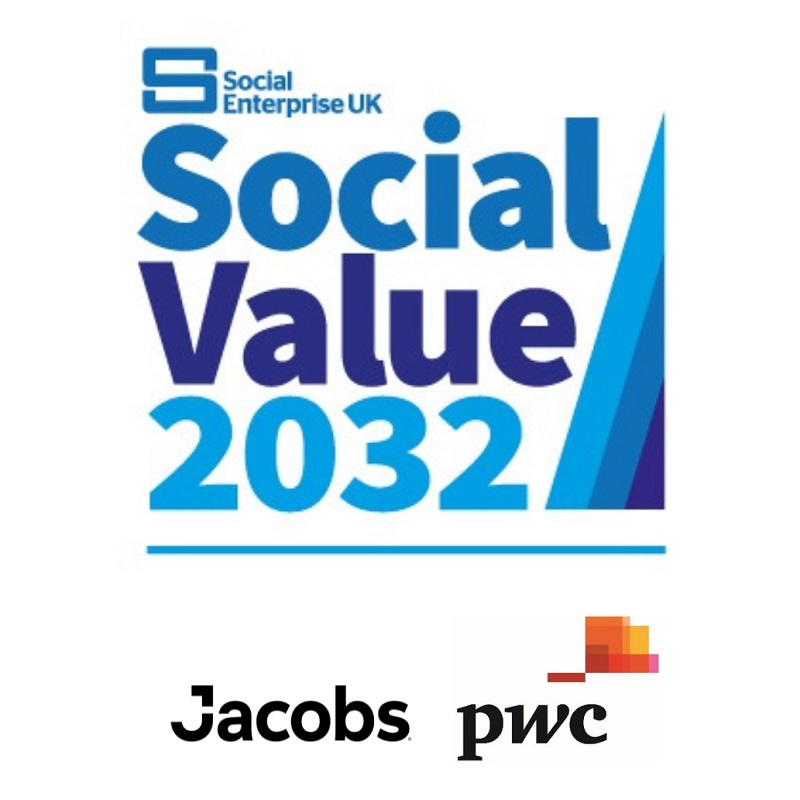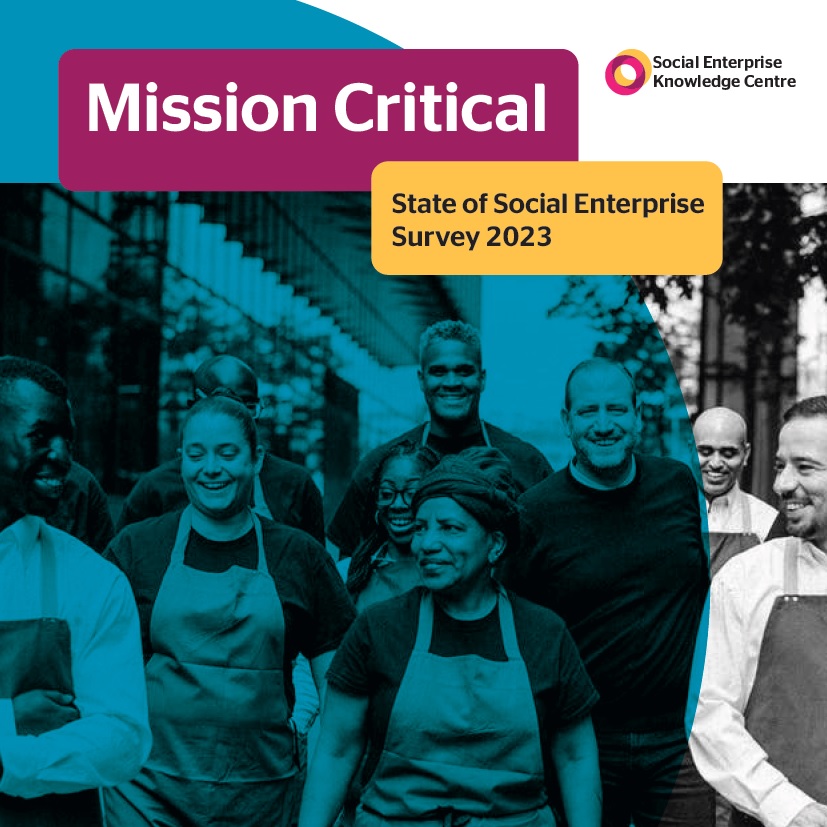The State of Social Enterprise survey 2025
The State of Social Enterprise survey 2025 Social enterprises outperform traditional businesses when it comes to growth, innovation and workplace diversity. They demonstrate that another way of doing business is possible, but we would not know this were it not for our State of Social Enterprise (SOSE) survey. Taking place every two years, SOSE is our most influential research, raising the profile of social enterprise, building the evidence base for the sector and pushing government and other decision-makers to implement policies to support its growth and development. How to take part If you run a social enterprise, we need your help! The quality of the survey is completely dependent on the data we gather from social enterprises and we need as many responses as possible to ensure the impact and credibility of the report. It will only take 20 minutes of your time, and your contribution will be invaluable to help us build an accurate picture of the strengths, challenges and impact of the social enterprise community. Social Enterprise UK members will be sent a link from our research partners, BMG Research, so if you’re one of our members be sure to check your inbox. You'll also be be contacted if you have taken part in previous SOSE surveys. The survey is open to all social enterprises however, so if you’re not a member you can still take part in this vital survey using this open link. If you're a social enterprise in the Liverpool City Region, Northern Ireland or Wales, please do not take the survey as we're partnering with organisations in these areas who are carrying out their own surveys which will feed into SOSE. These will be run by Kindred, BMG NI and Cwmpas respectively. Data has already been collected for Scottish social enterprises. Take the State of Social Enterprise survey 2025 Why get involved SOSE is the most impactful research we publish, having helped convince various governments to implement policy that’s been of real benefit to social enterprises, including:The creation of Access, the Foundation for Social Investment, which helps social enterprises access finance.The Social Value Act, which has transformed the procurement landscape creating more business opportunities for social enterprises.Findings from SOSE are also regularly used in conversations with national and local government leaders, cited in academic publications, and regional breakdowns of the data have been used to push for better support for the sector at a local level. The current government has committed itself to go for growth, break down barriers to opportunity, build an NHS fit for the future, invest in clean energy, and reduce crime. Social enterprises can, and already are, delivering on these missions – growing the economy but in a way which reduces inequalities, creates opportunities and embeds environmental sustainability. Taking part in SOSE will help us prove how important they are to the economy, as well as identify where they can be better supported. What happens next? The findings from the survey will be published in the State of Social Enterprise report, which will be launched in Westminster in the Autumn. Want a preview of what kind of information SOSE allows us to discover? Here's some of the key highlights from the 2023 report which have been vital in advancing the social enterprise cause over the last two years. Thank you for your support. If you’ve any questions at all about SOSE or our wider research work, please contact us by emailing research@socialenterprise.org.uk





